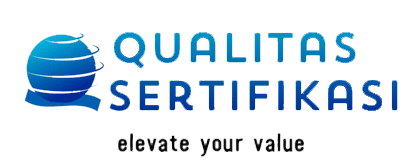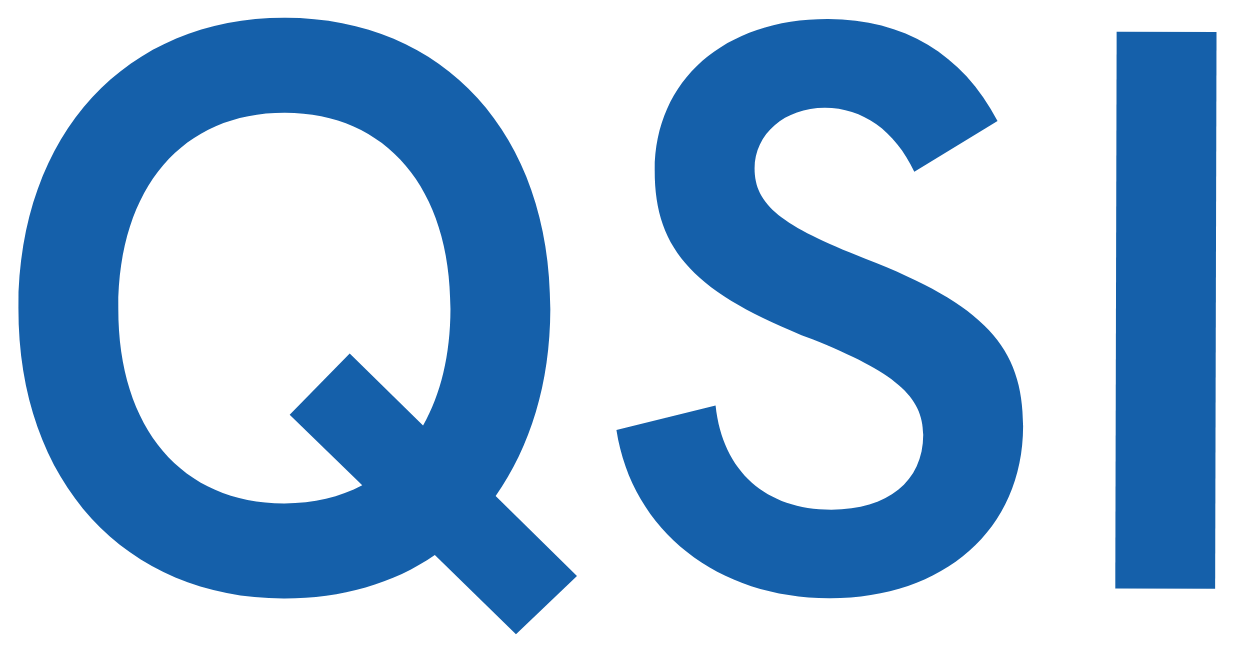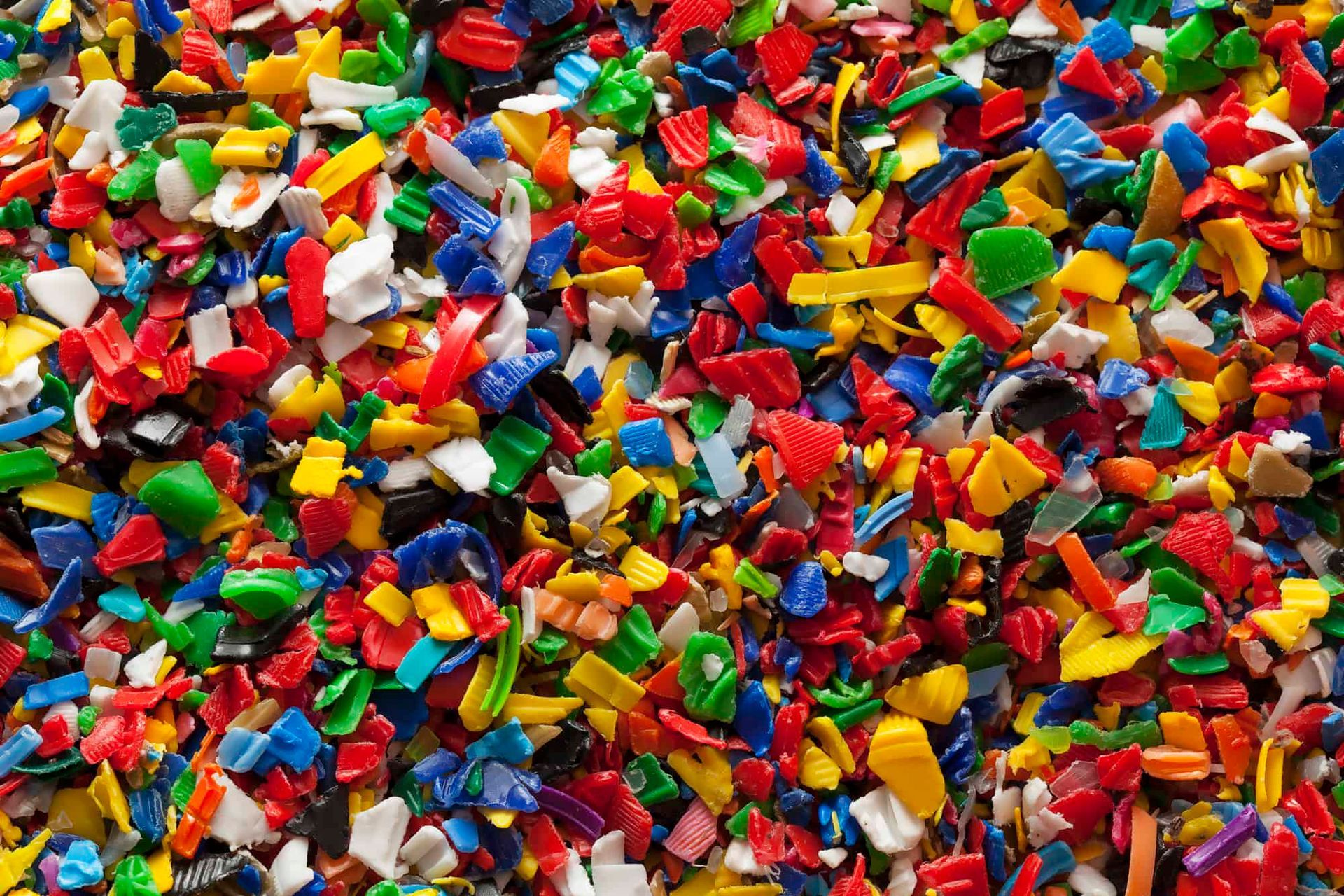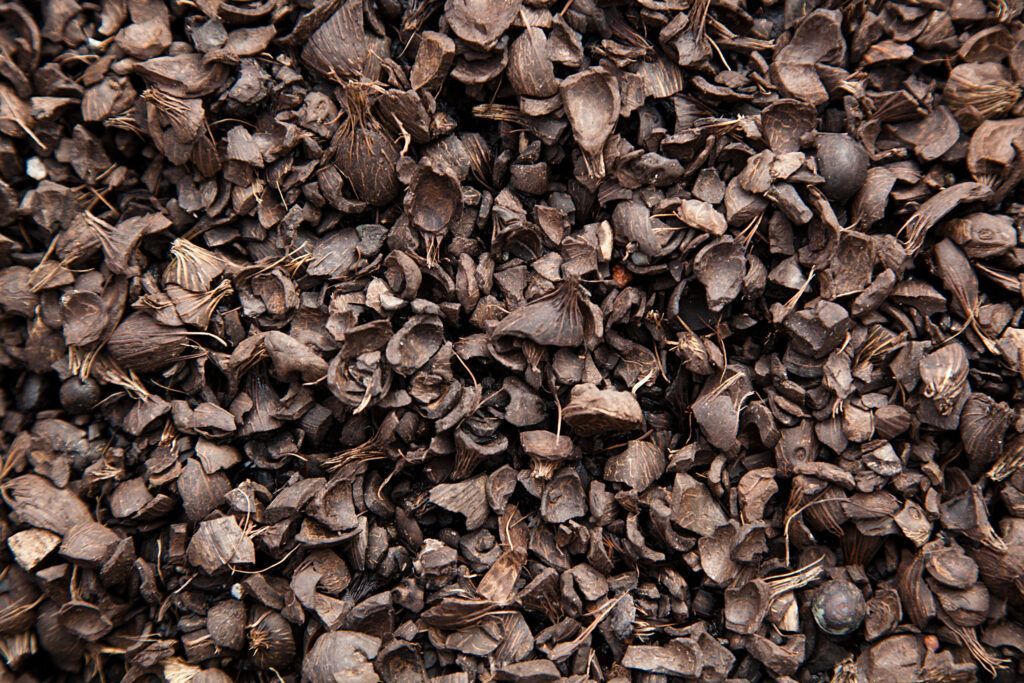ISCC PLUS
ISCC PLUS is a voluntary scheme that is applicable for the bioeconomy and circular economy for food, feed, chemicals, plastics, packaging, textiles, and renewable feedstock derived from a process using renewable energy sources
ISCC PLUS
ISCC PLUS is a voluntary scheme that is applicable for the bioeconomy and circular economy for food, feed, chemicals, plastics, packaging, textiles, and renewable feedstock derived from a process using renewable energy sources.
It covers the same certification requirements as ISCC EU but can be customized to meet the needs of different markets or specific applications outside the European Union countries.
Materials Covered
All types of agricultural and forestry raw materials, bio wastes and residues,
renewable feedstocks, and fossil materials contributing to the circular economy and bioeconomy
Scope of Application
Circular and bio-based products, renewables, food, feed & biofuels outside the framework of the RED II.
Acceptance of Other Schemes
- Only ISCC (ISCC certification of the whole upstream supply chain required)*.
- Acceptance of further schemes possible upon positive benchmarking.
*Exception applicable for SAI compliant material cultivated in Germany.
Benefits of ISCC PLUS
The ISCC PLUS certification is an internationally recognized sustainability certification that extends beyond biofuels to include food, feed, chemicals, plastics, textiles, and circular economy products:
Market reach
Many multinational corporations require certified sustainable raw materials in their supply chains, including those in packaging and consumer goods, making ISCC PLUS a necessity for suppliers
Meets regulatory demands
Addresses EU Green Deal, UN SDGs, ESG policies, and other global sustainability initiatives
Support for circular economy
Ensures that recycled plastics, bio-based feedstocks, and alternative materials are correctly accounted for, contributing to a more sustainable production cycle
Brand visibility
Positions your company as a leader in sustainability, strengthening brand reputation and credibility among customers, investors, and business partners
Who is This Certification for?
ISCC PLUS is designed for companies across multiple industries that use, produce, or trade sustainable, bio-based, circular, and recycled materials. It applies to businesses looking to demonstrate responsible sourcing, carbon footprint reduction, and circular economy practices
Plastic
& Packaging Industry
Companies producing recycled, bio-based, or mass balance plastics for food packaging, bottles, and industrial applications
Chemical Recycling Companies
Companies that convert plastic waste into feedstock for new plastics and fuels
Chemical & Petrochemical Companies
Businesses involved in the production of bio-based and circular feedstocks for chemicals, fuels, and polymers
Traders
Companies involved in the trade of certified sustainable feedstocks, such as used cooking oil (UCO), vegetable oils, and bio-based materials
Certification Process 🔍
1. Fill the Application Form
Companies must complete and submit the application form with the necessary details
2. Application Review
The submitted application is reviewed to verify completeness and eligibility.
3. Complete the Audit Payment
Upon approval of the application, the company proceeds with the required audit payment
4. Plan the Audit
The audit schedule is arranged based on mutual agreement between QSI and the client
5. Conduct the Audit
An audit is performed to assess compliance with the relevant standards
6. Certification Decision
Based on the audit results, QSI decides whether to:
- approve, or;
- reject the certification.
If rejected, companies may follow the appeal procedure
7. Certificate Issuance
If approved, the certification is granted, and the certificate is issued.
FAQs
Still got a question?
Apply for ISCC PLUS
Contact Us
